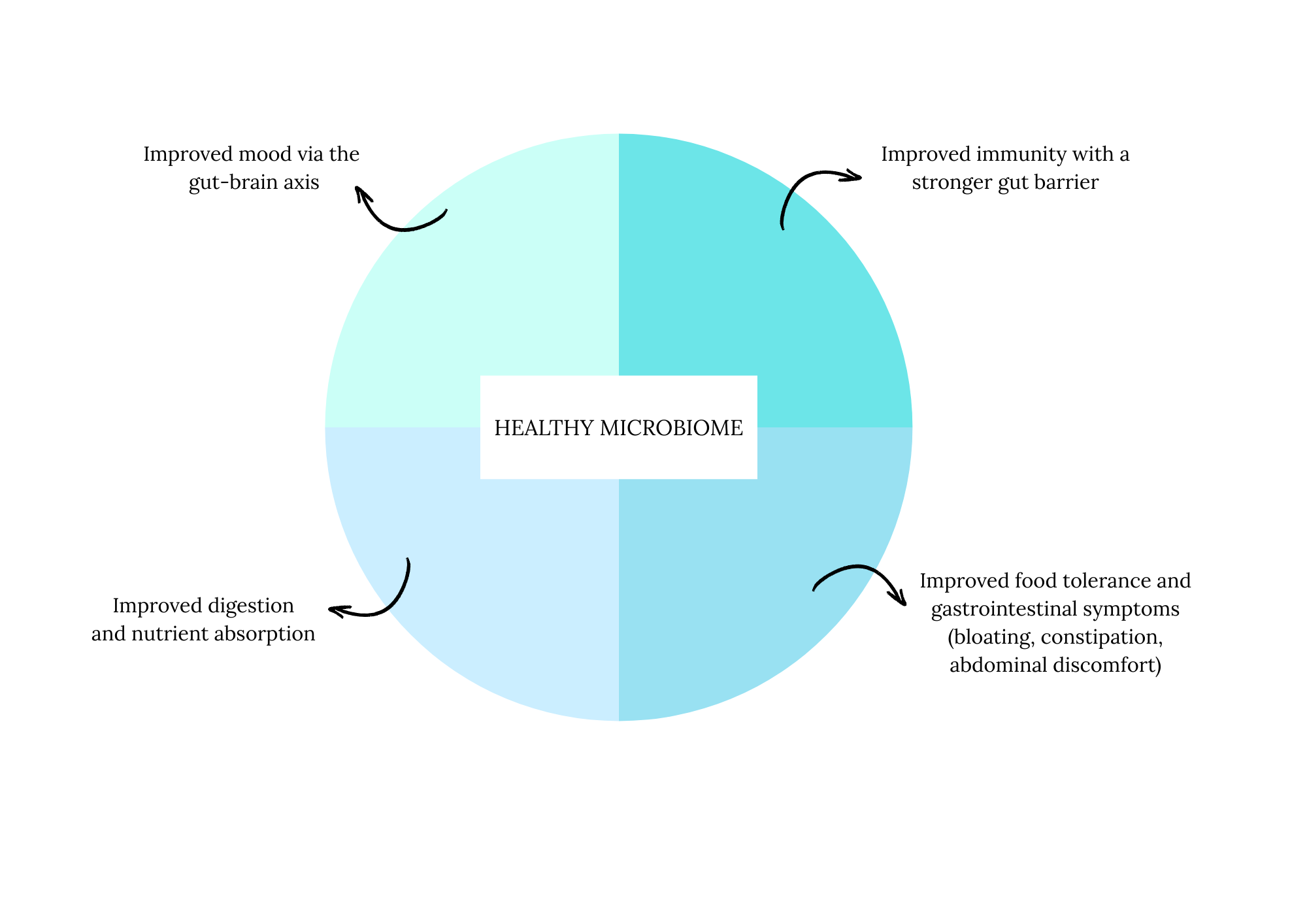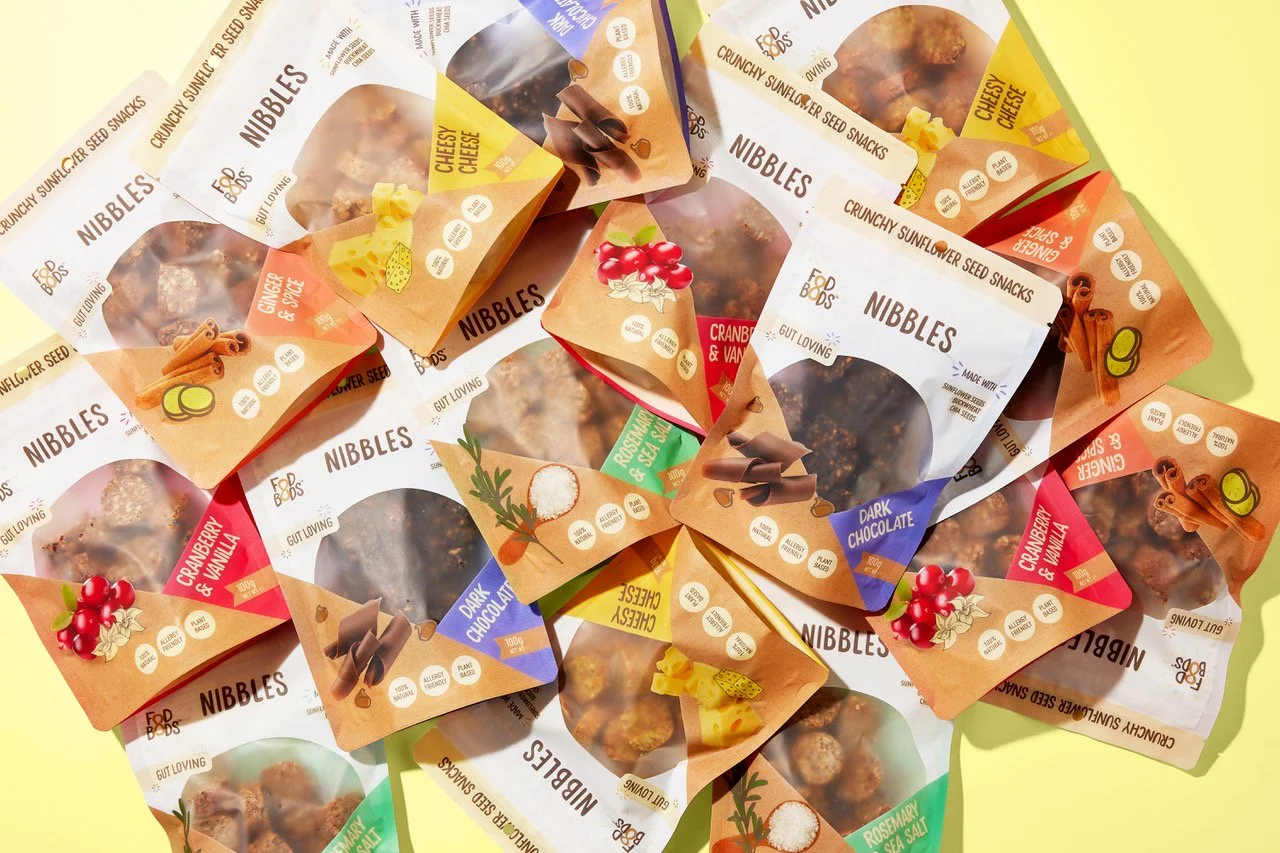Gut-Friendly Meal Planning: Tips, recipes, and snack ideas for better digestion
Let’s be honest, gut issues are no fun. Whether it's unexpected bloating, tummy pain, or that constant “ugh” feeling after meals, your gut might be trying to tell you something. The good news? Supporting your digestive health doesn’t have to mean bland food or boring routines. It starts with a little planning and the right ingredients.
Why does gut health matter?
There’s a lot of research around a healthy gut (i.e. balanced environment of gut bacteria and a gut that is functioning optimally) and it’s interplay with other functions in the body.
Here’s your go-to guide to gut-friendly meal planning
Include a source of fibre in each meal
Fibre keeps things moving! Choose gentle fibres like:
Carrots, spinach, zucchini
Wholegrains like rolled oats and quinoa
Firm bananas or small amounts of chia and flaxseeds
Fodbods Buddies are a perfect post meal snack - allergy friendly, and made with prebiotic fibre to help digestion
Don’t go overboard though! Adding too much at once, especially when your gut is sensitive, can lead to bloating, gas and/or discomfort. Introduce fibre gradually, and always pair it with water.
Balance your plate
A happy gut thrives on balance:
Protein (like tofu, chicken, eggs, walnuts). Plant-based protein will always be preferred by your gut
A choice of quality carbohydrates (preferably wholegrains) like rice, potatoes, quinoa and sourdough
Healthy fats like extra virgin olive oil and avocado
A source of prebiotic (fibre) to feed your gut bacteria. E.g. cooked vegetables for easier digestion or Fodbods Buddies if you're feeling snacky.
Add a source of probiotic
Plenty of options for this one these days!
You could consider yoghurts, kefir, red sauerkraut and any other low FODMAP fermented products that you prefer. Ideally 1 source a day will help to ensure there is a good variety and balance of bacteria in your gut.
Prep in batches
Cook once, eat often! Roast a tray of veggies, cook your grains, and prep proteins for easy mix-and-match meals all week long.
Always have snacks with you
Eating less doesn’t mean better. Going long periods without eating may cause acid buildup in the stomach, leading to discomfort, bloating, or reflux, especially in sensitive individuals. It can also cause blood sugar dips, leaving you tired, moody, or unable to concentrate.
A well-timed snack helps keep your energy levels steady, especially if it includes a mix of protein, fibre and healthy carbs! Fodbods protein bars are specially formulated to keep you feeling full - without the bloating - so it’s a good idea to have one tucked away for emergencies.
Recipe ideas
Meal planning doesn’t have to be overwhelming. A few smart choices, some easy-prep recipes, and gut-friendly snacks can make all the difference. Start slow, listen to your body and ask for help when you need it. Have a chat with one of our dietitians to discover your food sensitivities and optimise your nutritional intake.







